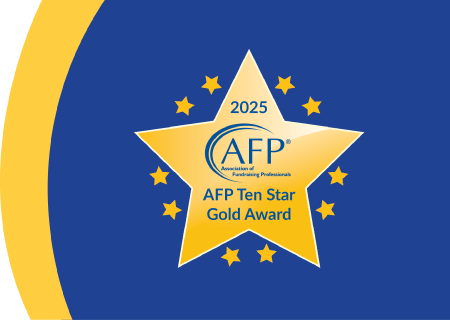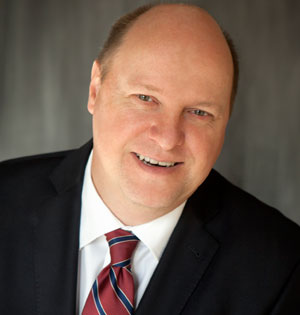President Trump and some members of Congress have called for a repeal of the Johnson Amendment, which would allow churches and nonprofit organizations to get involved in partisan, electoral politics, including endorsing and raising money for parties and candidates.
In response, AFP has released the following statement opposing this proposal:
“The foundation of philanthropy – what the charitable sector does at its core—is to bring people together to advance causes and create change. People who believe in an issue—regardless of their creed, background, nationality, political leanings, or any other factor—unite to support a cause through giving, volunteering and other types of engagement. It doesn’t matter who you are as long as you support the issue and the cause.
Although the focus so far in the Johnson Amendment has been on churches, changing or eliminating the Amendment would affect 1.2 million charitable, nonprofit organizations, which would in turn contradict and potentially corrupt the very foundation of philanthropy. Once charities begin supporting certain candidates and parties, they run the substantial risk of being labeled politically, which will alienate a certain segment of supporters, leading to a drop in support.
How can an organization purport to represent a community when it is seen as only supporting a certain party? Even if a charity supports candidates from different parties, donors will likely be angry when they see it supporting candidates who oppose their views. The charity will not only suffer from a drop in funds, but also from a lack of diverse perspectives and experiences, which will harm its credibility and ability to identify and create the most effective and efficient programs to advance their cause.
AFP is also concerned about donor intent with their gifts. Donors give to support charitable causes, from curing a disease to ending homelessness to countless others. They expect their gifts to support that cause through programs and services. Their gift is eligible for a charitable deduction precisely because it is to be used for solely a charitable purpose.
But if a donor knows the charity is supporting political candidates that he or she opposes, why would they give? And what happens to the tax deductibility of their gift if part is used to be support a political candidate? And since charities are not required to disclose donors, while political parties and candidates are, will charities now become the refuge of political donors who want to remain anonymous? These are significant issues that directly affect not just the nature and operations of a charitable organization and all of philanthropy, but our ideas and principles about politics and elections as well.
Philanthropy is rooted in people helping their neighbors and community by banding together and offering support, not by supporting a political candidate. Donors who want to express themselves philanthropically can do so: by giving to charitable causes. Donors who want to express themselves politically also have the means to do so: by supporting political candidates. The two methods of expression and support are equally important in our society but should never be intertwined.
AFP opposes the elimination of the Johnson Amendment and encourages lawmakers and regulators to consider the full impact of such a move on the American philanthropic system.”




